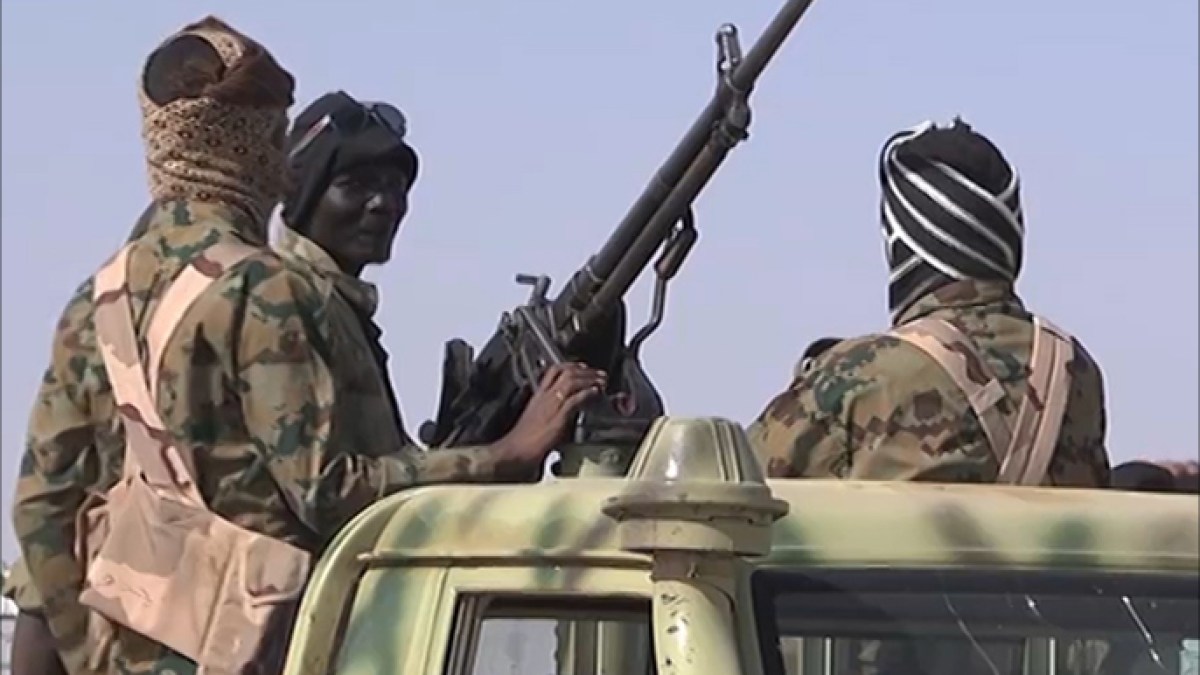There is a fierce debate in Sudan about the differences that escalated between the Sudanese Armed Forces and the Rapid Support Forces, and it seemed like a debate and a prelude to a verbal exchange between the President of the Sovereignty Council and the Commander-in-Chief of the Sudanese Army, General Abdel Fattah Al-Burhan, and General Mohamed Hamdan Dagalo, Vice President of the Sovereignty Council and Commander of the Rapid Support Forces, when the platforms of speeches for both turned to announcing positions, identifying political destinations, and selecting and capturing allies from among the civilian political forces.
Members of the military Sovereign Council then entered the line and called for the integration of the RSF into the army, as stated in the Juba Peace Agreement, the constitutional document signed in August 2019, and the emergency agreement signed in early December 2022.
The dispute between the army and the Rapid Support Forces is not new, since the establishment of these forces in April 2013, the army had reservations and lifted these reservations to former President Omar al-Bashir, who decided to form support forces to carry out specific security and military duties within the framework of the light warfare method to confront rebel movements in western Sudan in Darfur and South Kordofan, and the army's reservations about the nature of these forces, their discipline and their members' immersion in local conflicts, especially tribal, and the army has previous experience with the "border guard" forces in 2003, and then It was later integrated into the armed forces and liquidated.
As a result of the army's reservations about these new forces supporting it, Bashir issued a decision to attach these forces to the operations department of the security and intelligence apparatus, but the army continued to lead, plan and direct the military operations carried out by the Rapid Support Forces, then Sudan participated in the Yemen war with various forces, including the Rapid Support, then a special law was issued for these forces in 2017, and the Rapid Support has its own entity despite its subordination in law as a faction of the armed forces, but it is only ordered by the commander-in-chief of the army, who is the president. Bashir, and they were attached to his office, but the military's reservations and differences remained.
The RSF has forged horizontal and vertical relations in Sudan and in some Gulf states (the UAE and Saudi Arabia), established training and mining cooperation with Russia's Wagner, and has become a huge revenue and countless material from trading in gold and other minerals, in addition to the revenues of the war in Yemen.
In April 2019, the Rapid Support Forces were at the forefront of the coup against Bashir, and the Rapid Support Commander became deputy head of the military council and then the Sovereignty Council, and these forces became a huge institution with enormous financial resources and a military and political center of gravity, but undeclared differences erupted again between the two sides in an attempt to control the state administration and race to implement foreign agendas from allies abroad.
The dispute became clear after Al-Burhan's speech on the Fourth of July 2022, in which he committed to the exit of the military institution from politics, and perhaps the ambitions of the Rapid Support were not to exit the political process and quickly integrate into the army, the Rapid Support Commander chose the alliance with the Alliance for Freedom and Change - Central Council, which is the pro-Western civil alliance, supported by the United Arab Emirates, and includes 3 parties, of which only one party has an estimated popularity, the National Umma Party, and this alliance has its goals and objectives, including restructuring The army in accordance with the framework agreement signed at the end of 2022.
With the alliance of the Rapid Support Commander with his civilian allies, the pace diverged between him and the army, and the revolt of the army, which has been boiling since 2019 and protesting against the rapid support interventions in the affairs of the armed forces and other regular agencies, and the dispute that has been muffled for years has emerged in public, and internal and external factors are concerted in this dispute and there is a state of sharp polarization taking place now.

